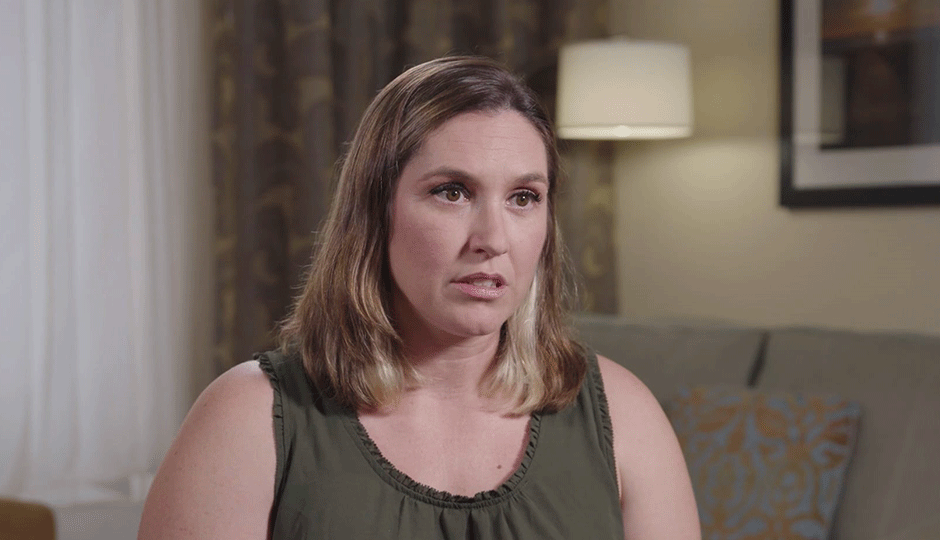What type of doctor should you see for urine leakage?
Finding a specialist
Congratulations on taking the first step. Reaching out to a doctor to discuss your urinary incontinence treatment options is an important step. On average, women wait 6.5 years from the first time they experience symptoms until they obtain a diagnosis for their bladder control problem(s).1
There are several types of doctors who treat urinary incontinence, but within each specialty there are those who focus on certain conditions and treatment options.
You may run across doctors who say there are no options to suit your needs. A second opinion – from someone who understands your situation – can make a world of difference.

Types of doctors who treat stress urinary incontinence
Urogynecologists
Urogynecologists are highly specialized – focusing on women’s reproductive system and urinary tract.
Most offer treatments for both stress urinary incontinence and pelvic organ prolapse. Since these conditions are often linked, seeing a urogynecologist may be a good option for you.
Urologists
Urologists provide care for both men and women and focus on the urinary tract and urogenital system – the kidneys, bladder and urethra.
If you have stress urinary incontinence, this may be the right specialist to seek. Some, but not all, urologists perform SUI surgeries, so be sure to do your homework and ask questions during your appointment.
Gynecologists
Gynecologists specialize in healthcare for women, especially the diagnosis and treatment of disorders affecting the female reproductive organs.
This is a broad specialty, so it is important to ask questions to understand what each gynecologist specializes in. If your gynecologist focuses more on obstetrics (childbirth) than pelvic floor surgeries, it may be best to find someone who has more experience with the care you need.
If you are experiencing any symptoms of bladder leakage, ask your primary doctor to refer you to a specialist to discuss treatment options. Or you can use our specialist finder to locate an expert near you. They can help you find a urogynecologist, urologist, or gynecologist who focuses on treating stress urinary incontinence.
Taking time to do your research on incontinence treatment options can make all the difference in the care you receive. You should feel completely comfortable with your choice of doctor.
- Seek information on healthcare provider review sites and ask to speak to past patients, if possible.
- Remember to ask questions during appointments, get references and ask doctors about their success rates for each procedure you consider.
Be your own advocate to find the best fit for you.

Are you experiencing similar symptoms? Not sure if you have SUI?
To help you better understand your symptoms and take the first step toward relief, we invite you to fill out this quick, free, and confidential self-assessment.
Help is on the way.
